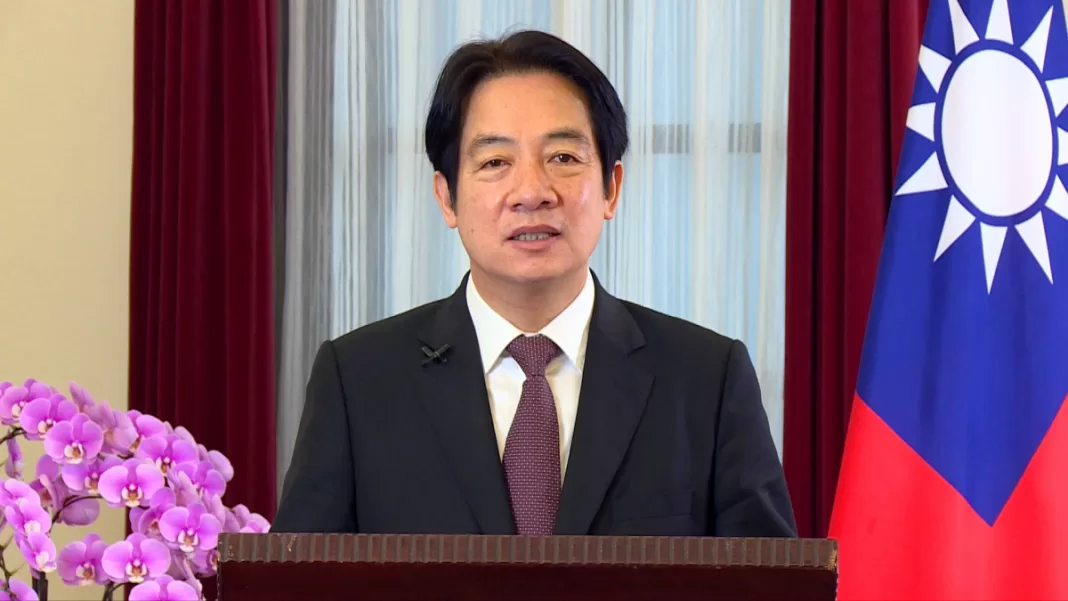The Taiwan election 2024, held on January 13th, 2024, as part of the general elections, has drawn international attention due to its implications for regional stability. The voters elected Dr. Lai Ching-te as the president, who won the election with 40.05% of the vote. He will be inaugurated on May 20th, 2024.
The incumbent president Tsai Ing-wen of the Democratic Progressive Party (DPP) was not eligible for re-election due to term limits. The DPP nominated Vice President Lai Ching-te as their candidate, who won the election with 40.05% of the vote. He will be inaugurated on May 20th, 2024.
The main opposition party, the Kuomintang (KMT), nominated the New Taipei mayor Hou Yu-ih as their candidate, who received 33.49% of the vote. The Taiwan People’s Party (TPP), led by the former Taipei mayor Ko Wen-je, also ran in the election, with Ko as their candidate. He got 26.46% of the vote.
The United States has extended its congratulations to Taiwan’s newly elected president, Dr. Lai Ching-te, applauding the nation’s robust democratic process. US Secretary of State Antony Blinken emphasized the enduring partnership between the US and Taiwan, rooted in shared values and deepening ties across various sectors.
However, China’s steadfast claim over Taiwan and its demands on the US have complicated the situation. Beijing insists on the “one-China principle,” demanding the US adhere to it and refrain from actions perceived as encouraging Taiwanese independence. China’s recent rhetoric has intensified after the election, viewing it as potentially pushing Taiwan further away from its claims.
This clashing of positions sparks concerns about the fragile peace in the Taiwan Strait. The potential for conflict carries significant economic and military consequences, raising the risks of a US-China clash. Despite these tensions, the US has affirmed its commitment to maintaining the status quo and peaceful resolution, underscoring the critical role it plays in navigating this complex geopolitical landscape.
The election was closely watched by China and the United States, as Taiwan is at the center of the rising tensions between the two superpowers. China claims Taiwan as its territory and has never ruled out the use of force to reunify it. The United States is Taiwan’s most important ally and arms supplier, and has pledged to help Taiwan defend itself.
The US-China relations over Taiwan will continue to be a focal point in the international arena, with the world closely watching how the two superpowers manage their differing stances on Taiwan’s sovereignty. The US’s commitment to peace and the status quo plays a crucial role in managing these tensions, but the path forward remains uncertain.
A global media for the latest news, entertainment, music fashion, and more.





